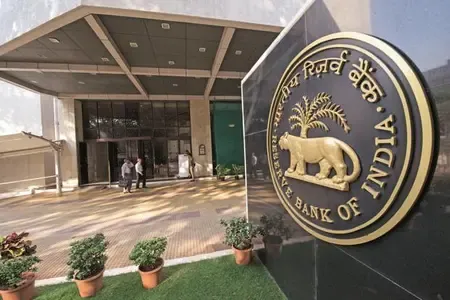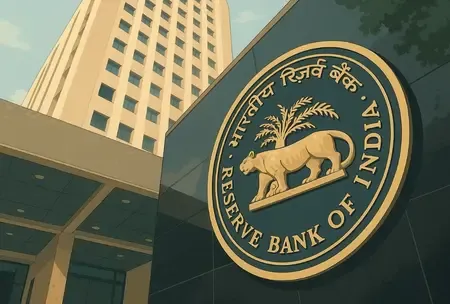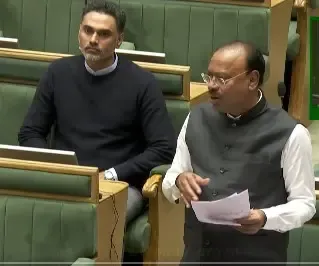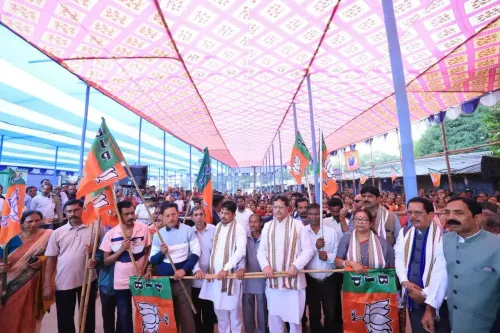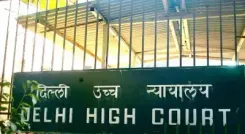Is the Bengal Government Challenging the ECI's Directive for CEO's Office Independence?
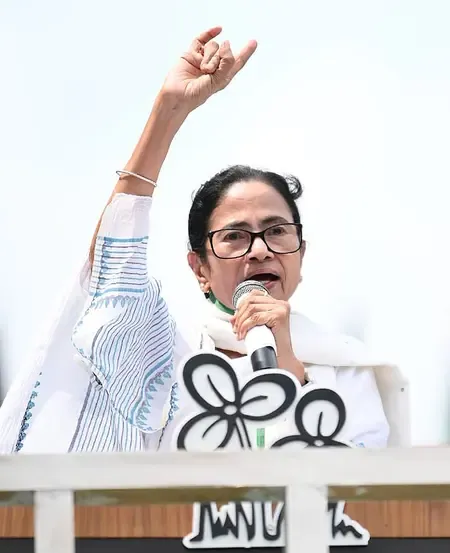
Synopsis
Key Takeaways
- Legal Consultation: The West Bengal government is seeking legal advice on the ECI's directive.
- Political Perspective: The ruling party views the ECI's actions as politically motivated.
- CEO's Dual Role: The ECI is concerned about the dual role of the CEO impacting autonomy.
- Call for Independence: ECI advocates for an independent election department.
- Implications for Elections: The matter could affect the integrity of upcoming elections.
Kolkata, July 23 (NationPress) The West Bengal government has initiated consultations with legal experts to evaluate whether the directive from the Election Commission of India (ECI) mandating the immediate functional independence and administrative enhancement of the office of the State Chief Electoral Officer (CEO), Manoj Kumar Agarwal, can be legally contested.
A senior state bureaucrat, who wished to remain unnamed, mentioned on Wednesday night that both the state government and the ruling Trinamool Congress perceive the ECI's communication as a purely political maneuver rather than an administrative one, prompting them to consider legal action.
He further noted that the ultimate decision regarding this matter will only be made following advice from the legal consultants.
On Monday, the ECI expressed its concerns to the state government regarding the current lack of autonomy for the CEO's office.
The ECI's communication highlighted that while Agarwal has been appointed as CEO, he also serves as the ex-officio Additional Chief Secretary to the state's Home and Hill Affairs (Election) Department—an arrangement the Commission views as problematic.
The ECI's message to the state Chief Secretary emphasized the absence of financial and administrative independence for the West Bengal CEO under the existing structure.
To address this, the ECI proposed the creation of a separate election department that would operate independently from other state government departments.
This new department should possess its own dedicated budget to ensure complete financial and administrative autonomy for the CEO, which the Commission believes is crucial for the fair and effective conduct of elections.


